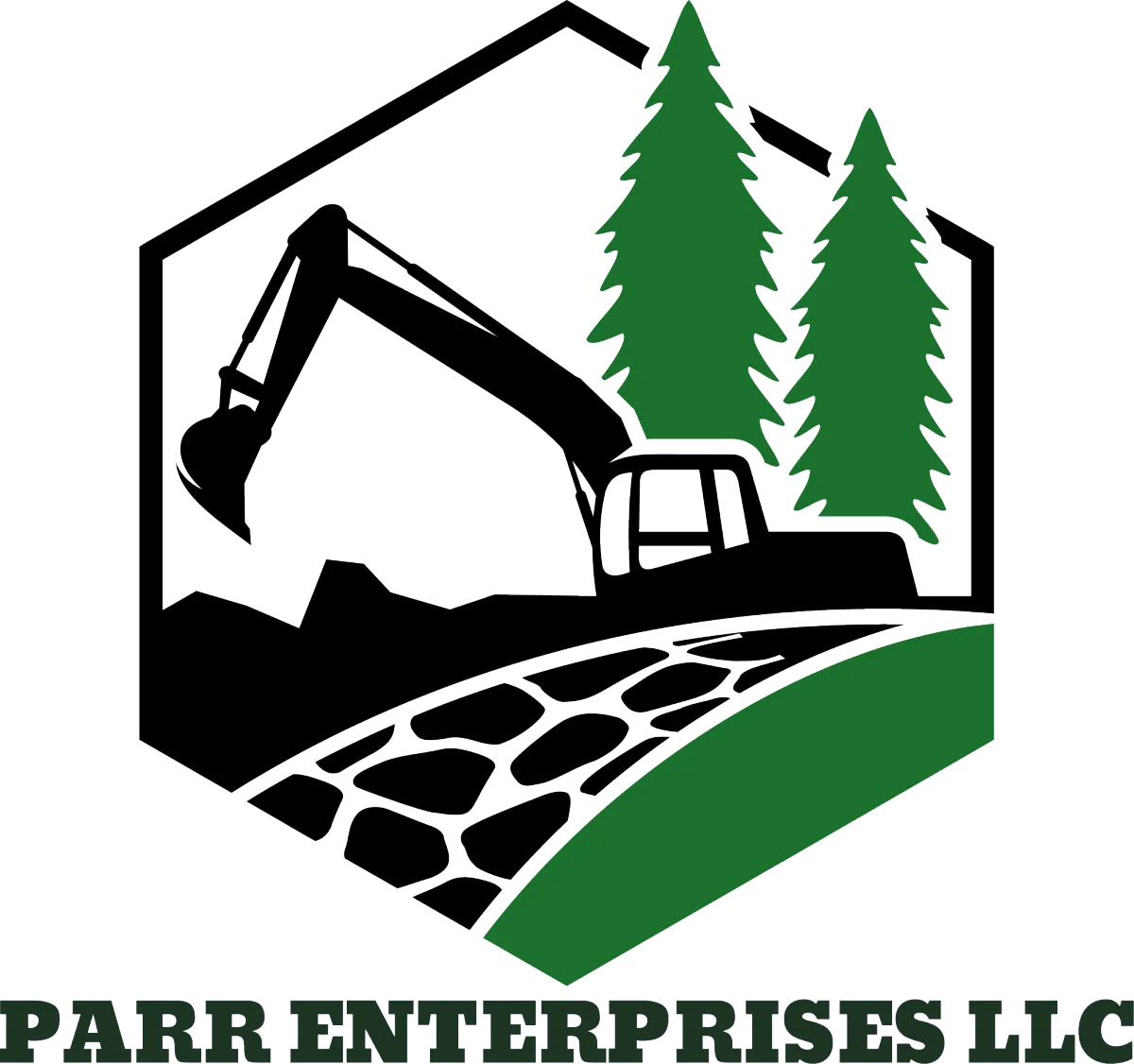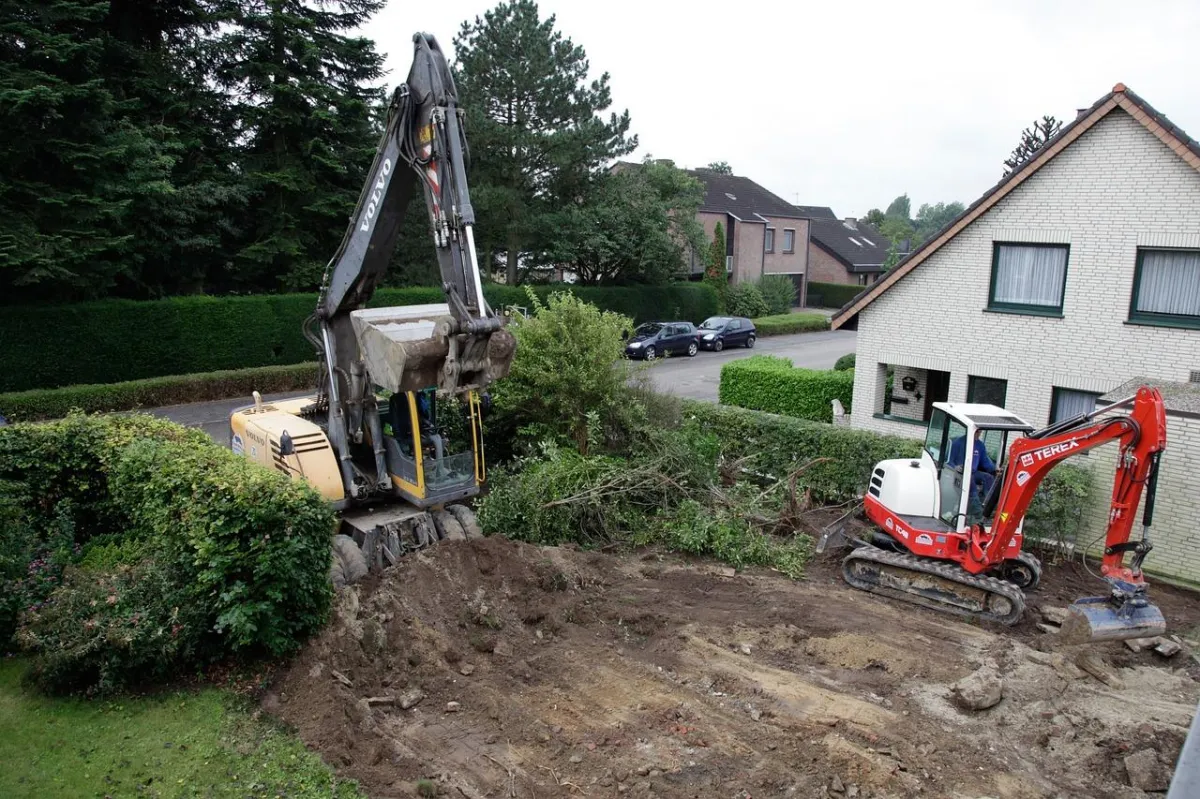
Serving Washington : Pierce, King Counties

Commercial vs. Residential Excavation near King County | Key Differences Explained
Understanding Excavation near King County: Who Needs What?
If you’ve got a project coming up—maybe a custom home build or a commercial development—you’ve probably realized how much depends on what happens before anything gets built. And that means excavation.
Here in King County, we get calls every week from folks who aren’t quite sure what kind of excavation they need. Some are homeowners looking to start their dream home. Others are developers trying to prep land for a retail space or parking lot. The question comes up fast:
“Isn’t excavation just digging? How different can it really be?”
We get it. From the outside, excavation might look the same. But under the surface, the differences between commercial and residential excavation are big—and if you’re not aware of them, they can affect your budget, timeline, permits, and even your property’s long-term safety.
At Parr Enterprise LLC, we serve King and Pierce Counties with excavation tailored to each project. We don’t just show up with machines. We look at the full picture—what you're building, where you’re building it, and what it’s going to take to get that land ready the right way.
Let’s break this all down so you can make the best decision for your project.
What Is Residential Excavation and What Does It Include?
Residential excavation is all about preparing a property for homes and the systems that support them. That might be:
Clearing and grading for a new home site
Digging basements or crawl spaces
Excavating for septic systems or sewer hookups
Trenching for utility lines
Preparing driveways, pads, and water drainage solutions
Most residential work happens on a smaller scale, sometimes in tight spaces or near existing homes. There’s a lot of attention paid to things like soil stability, slope, drainage, and long-term settling. One wrong move with water flow, and you’ve got puddles in the basement.
In neighborhoods like Maple Valley, Enumclaw, or Bonney Lake, residential projects often require us to work carefully around landscaping, trees, fences, or property lines. And let’s not forget permitting and inspection requirements—they’re still there, but not nearly as complex as commercial jobs.
What Is Commercial Excavation and How Is It Different?
Commercial excavation deals with larger properties and more complex builds. Think:
Office buildings
Warehouses
Shopping centers
Roads, parking lots, and industrial facilities
Instead of prepping for one home, we’re prepping for a whole infrastructure. That might include:
Mass grading and site balancing
Over-excavation and compaction
Stormwater management systems
Retaining wall footings
Fire lane access
ADA-compliant grading
With commercial excavation, every inch of the land has a purpose, and it’s got to meet strict codes. Mistakes here don’t just cost time—they can halt entire projects or lead to serious liability issues.
Key Differences Between Commercial and Residential Excavation Near King County
Here’s where the rubber meets the road. Below are some of the biggest differences we see:
Why Commercial Excavation Requires a Different Kind of Planning
When we work on commercial sites—like those near Kent, Renton, or Auburn—there are layers of planning before a machine ever touches dirt. Most commercial jobs require:
Civil engineering approval
Drainage studies
Traffic impact assessments
Coordination with utility providers
Environmental impact reviews (especially in places near wetlands or shorelines)
There’s more liability on the line, more inspectors on-site, and more partners involved—from architects to surveyors to city officials.
And timing? It’s crucial. A two-day delay on a home project is annoying. A two-week delay on a commercial project can cost thousands in labor and lost business.
How Local Regulations Impact Excavation Projects in King County
King County isn’t exactly lenient when it comes to land use. Whether you're in Federal Way or Snoqualmie, you’ve got to deal with:
Sensitive area ordinances: These protect streams, wetlands, and steep slopes.
Stormwater codes: Commercial properties need serious drainage systems to meet runoff limits.
Soil testing requirements: Especially for structures with heavy foundations or deep footings.
Residential projects may need permits, but commercial sites often need full review processes, environmental checklists, and public hearing notices.
That’s why working with a team that understands local codes is a game-changer. We’ve dealt with King County’s paperwork before. We know how to read the site and get things approved.
Mistakes We See Homeowners and Developers Make (And How to Avoid Them)
For Homeowners:
Assuming the cheapest bid is the best
Cheap excavation can mean sloppy grading or rushed work that leads to drainage problems down the line.Not checking for utilities before digging
Always do a locate—breaking a line is no joke.Skipping slope planning
A poorly graded yard leads to pooling water, especially during our Washington rains.
For Developers:
Underestimating permitting timelines
Don’t wait until the last minute. Start early.Choosing residential-only crews for commercial jobs
They may not have the equipment, experience, or insurance needed.Overlooking soil conditions
Commercial builds require more aggressive soil compaction and testing.
What Type of Excavation Do You Need for Your Project?
Still not sure where your project falls?
Here’s a quick rule of thumb:
If you’re prepping land for one structure (home, ADU, garage), it’s likely residential.
If it involves multiple buildings, parking areas, or complex drainage systems, it’s commercial.
That said, we’ve seen some big custom home projects that border on commercial—especially on larger rural lots in places like Buckley or Graham. We’re happy to walk you through what’s needed. No pressure. Just clarity.
Choosing the Right Excavation Contractor Near King County
Not every excavation contractor can (or should) do both residential and commercial work. At Parr Enterprise LLC, we do both—but we approach them very differently.
For residential clients, we focus on communication, safety, and making the process smooth—especially if this is your first big project.
For commercial clients, we prioritize timelines, technical coordination, and problem-solving with your broader team.
What matters most? Working with someone who listens, asks questions, and makes the job fit your site—not the other way around.
Final Thoughts: Why the Difference Between Commercial and Residential Excavation Matters
Excavation might seem like just digging—but if you’re in the middle of a build, you already know it’s more than that. It’s about safety, planning, cost, and doing it right the first time.
Whether you’re a homeowner in Puyallup or a developer in Tacoma, choosing the right excavation partner can mean the difference between smooth progress and budget blowouts.
At Parr Enterprise LLC, we’re here to help you figure out exactly what your project needs—and then deliver it with care.
Let’s dig smart, not just fast.

AVOID COSTLY MISTAKES:
Do NOT hire an excavating contractor without first reading our free guide:
The ULTIMATE Excavation & Septic "Success Guide."

Hours: 6:00am-4:00pm PST M-F
Extended hours by appointment only.
Address: 20221 212th St. East Orting, WA 98360